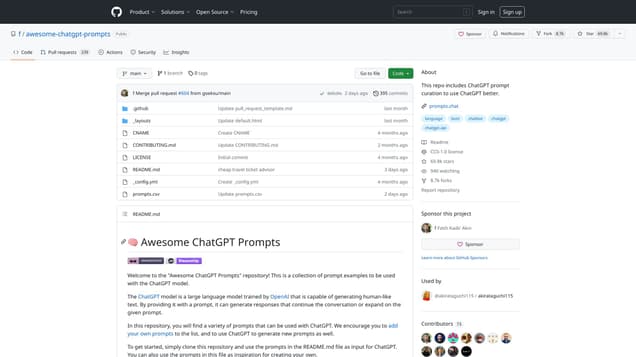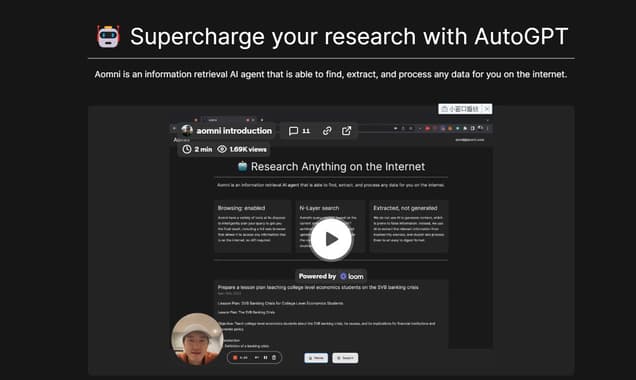
What is Apache SINGA?
Apache SINGA is a versatile open-source deep learning library that simplifies the creation, training, and deployment of advanced machine learning models. Its user-friendly API, robust computational resources, and comprehensive feature set make it an exceptional framework for developing cutting-edge machine learning applications. Designed to cater to developers of all backgrounds and expertise levels, Apache SINGA facilitates the rapid development and deployment of sophisticated deep learning models. It offers an array of features, including highly optimized training algorithms, support for distributed training, and built-in model evaluation tools. Moreover, Apache SINGA is highly customizable, allowing developers to tailor models to meet their specific requirements. For data scientists, Apache SINGA streamlines the transformation of ideas into reality by providing an efficient platform for building, training, and deploying customized deep learning models. For system engineers, Apache SINGA serves as an ideal solution for deploying and managing machine learning applications on a large scale.
Information
- Price
- Contact for Pricing
Freework.ai Spotlight
Display Your Achievement: Get Our Custom-Made Badge to Highlight Your Success on Your Website and Attract More Visitors to Your Solution.
Website traffic
- Monthly visits997
- Avg visit duration00:00:00
- Bounce rate95.37%
- Unique users--
- Total pages views1.13K
Access Top 5 countries
Traffic source
Apache SINGA FQA
- What are the installation options for Apache SINGA?

- Does Apache SINGA support database integration?

- Where can I find example deep learning models for SINGA?

- Does Apache SINGA support distributed training?

- What optimization techniques does SINGA support?

Apache SINGA Use Cases
Easy installation using Conda, Pip, Docker and from Source
Models are trained with SINGA and can be queried in the RDBMS
Various example deep learning models are provided in SINGA repo on Github and on Google Colab
SINGA supports data parallel training across multiple GPUs
SINGA records the computation graph and applies the backward propagation automatically after forward propagation
The optimization of memory are implemented in the Device class
SINGA supports various popular optimizers including stochastic gradient descent with momentum, Adam, RMSProp, and AdaGrad
SINGA supports loading ONNX format models and saving models defined using SINGA APIs into ONNX format, which enables AI developers to use models across different libraries and tools
SINGA supports the time profiling of each of the operators buffered in the graph
SINGA has a well architected software stack and easy-to-use Python interface to improve usability
SINGA trains the deep learning models which can be queried as stored procedures of the RDBMS
SINGA parallelizes the training and optimizes the communication cost to improve training scalability
SINGA builds a computational graph to optimize the training speed and memory footprint










